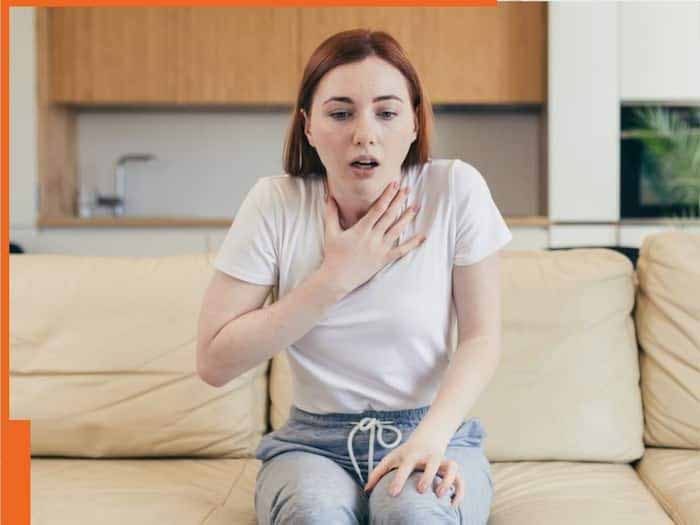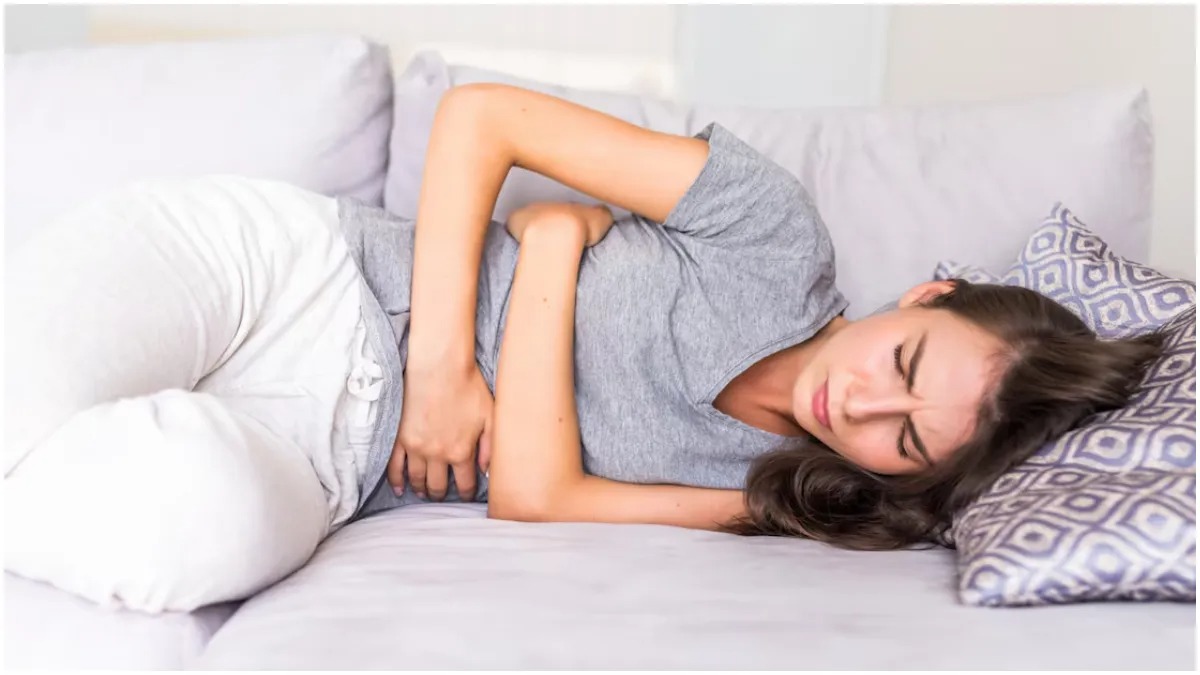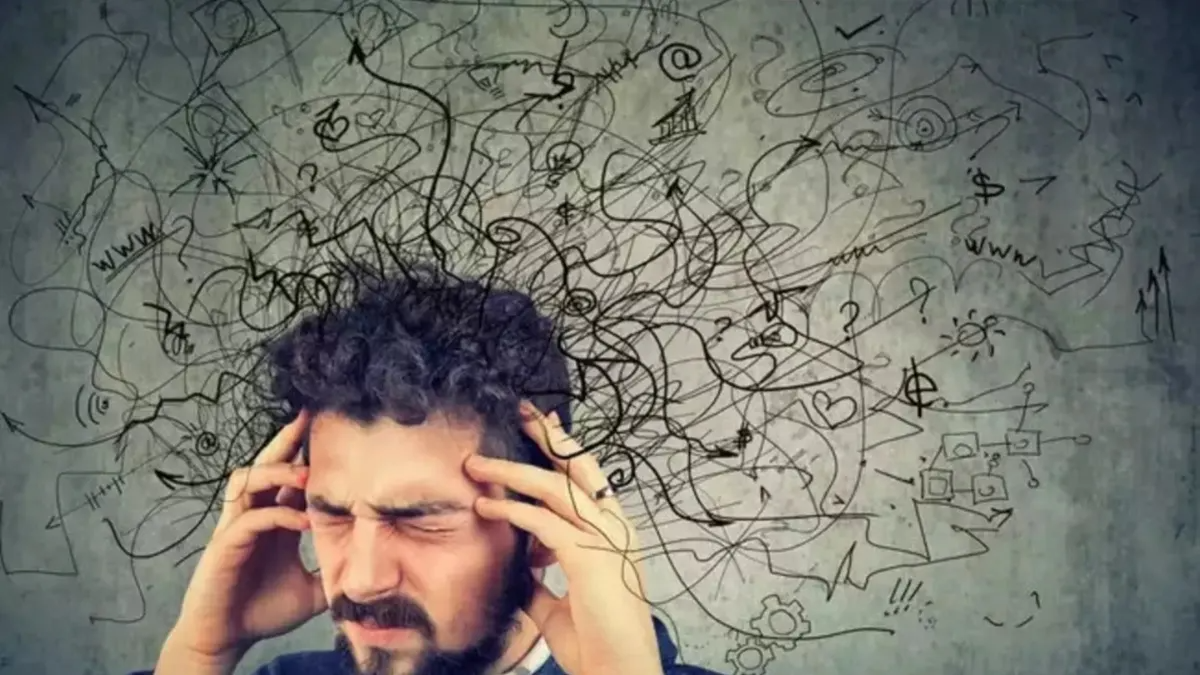
Blood Clotting Symptoms: Anxiety and depression not only affect mental health, but can also have a profound impact on physical health. According to the study, these mental illnesses increase the risk of blood clots by 50%. In such a situation, it is essential to know about this problem.
Why does blood clot?
Those who suffered from anxiety or depression had a 50% higher risk of deep vein thrombosis and pulmonary embolism (PE). Deep vein thrombosis is a condition in which a blood clot forms in the deep veins of the legs. This clot can break off and travel to the lungs, causing a PE. PE is a serious condition in which a blood clot forms in the lungs' arteries.
Symptoms of blood clotting in the body (Blood clotting symptoms in Hindi)
- pain, swelling, redness, or warmth in the legs or arms
- Discoloration of the skin
- Tiredness
- Difficulty in breathing
- Chest pain
- cough, especially that which brings up blood
Reason
- Increased levels of stress hormones, which can affect blood clotting.
- Increased inflammatory response, which can damage blood vessels and increase the chance of clot formation.
- Decreased activity and increased sitting time, which can slow blood flow and increase the chance of clots.
- If you suffer from anxiety or depression, talk to your doctor about what you can do to reduce your risk of blood clots.
Ways to avoid this
- practicing stress management techniques, such as yoga or meditation
- exercising daily
- maintaining a healthy weight
- No smoking
- Avoid alcohol consumption
- taking any medications prescribed by your doctor
- Consult a doctor if you suffer from anxiety and depression.

 Share
Share






